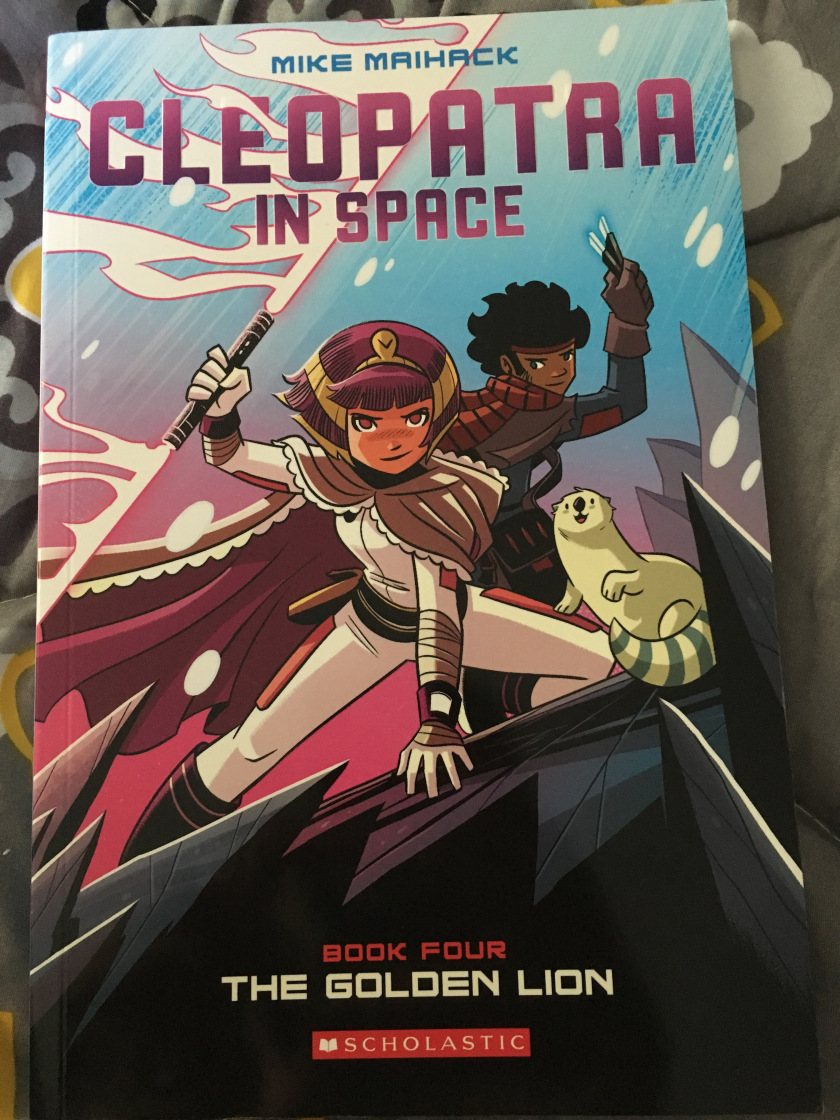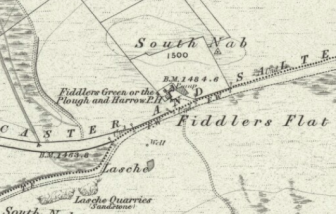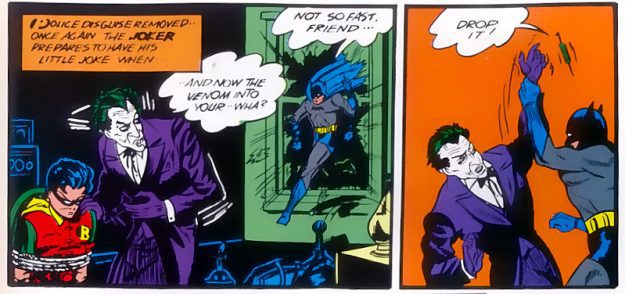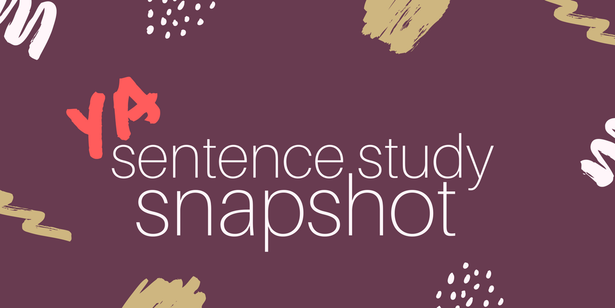
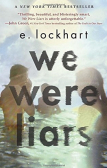
We Were Liars by E. Lockhart
Audience:
Later middle school – high school (Perhaps 7-12?)
Book Talk:Every summer, members of the incredibly wealthy Sinclair family gather on a private island. Everything appears to be perfect — perfect children, perfect relationships, plenty of money. But, of course, you know that things are almost never the way they appear from the outside. This book takes place over two years in Cadence’s life as she tries to piece together what happened two summers ago when she had a mysterious accident and most of her memories were wiped away. What was the cause of the accident? What really happened? And what secrets is this family trying to protect? This book is part Gossip Girl, part mystery, and completely a page turner that will suck you in as you — and Cadence — try to put all the pieces together.
Sentence Study:This passage can help writers …“It doesn’t matter if divorce shreds the muscles of our hearts so that they hardly beat without a struggle. It doesn’t matter if trust-fund money is running out; if credit card bills go unpaid on the kitchen counter. It doesn’t matter if there’s a cluster of pill bottles on the bedside table.
It does’t matter if one of us is desperately, desperately in love.”
- Use repetition effectively (specifically anaphora, if you want to throw in a fun literary term!)
- Write using symbols
- Make a dramatic shift.
- The repetition of “It doesn’t matter” at the beginning of each sentence.
- The repetition of the word “desperately” in the last sentence — this kind of repetition feels different than the anaphora of “it doesn’t matter”.
- The dramatic figurative language — “divorce shreds the muscles of our hearts so they hardly beat without a struggle”
- Symbolism of credit card bills and pill bottles to represent problems and pain within the family.
- The single-sentence paragraph at the end of this passage that creates a twist
In this passage, Lockhart is describing a family. And certainly we can use these techniques to describe a group of people. But we could use these techniques in any piece of writing where we want to strongly emphasize an idea (using anaphora) and then twist that idea (by using a different kind of repetition, a separate, short paragraph, and a surprise). In your notebook, either devise a new description in which you try these techniques, or, better yet, find a place in your notebook work that could benefit from emphasis and a dramatic twist. Try it out.
Are there other ways you might use this sentence with students? Do you see different techniques worth teaching? Leave us a comment below, join the conversation on Facebook, or connect with me on Twitter @RebekahOdell1.
Advertisements Share this:


